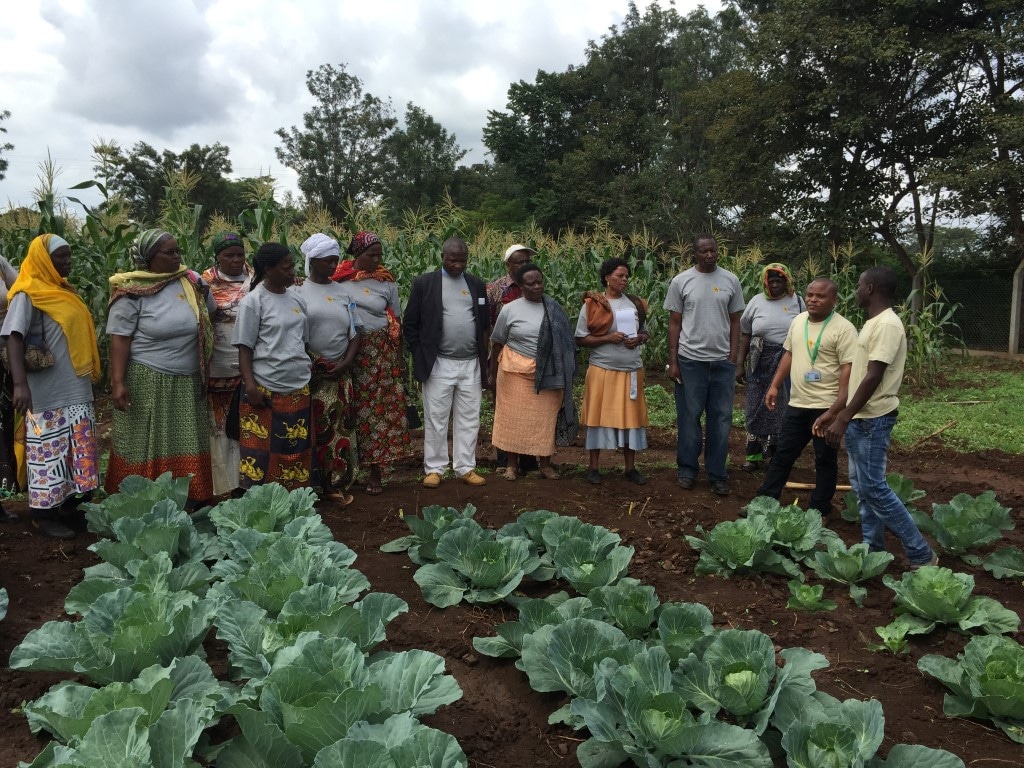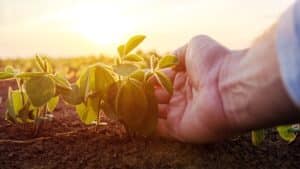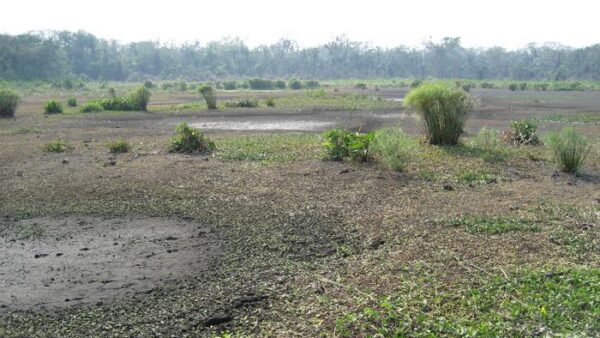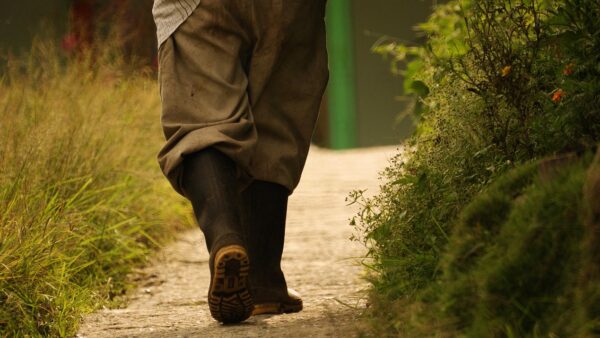At a high-level dialogue with government officials including Thailand Prime Minister Prayut Chan-o-cha, Deputy Prime Minister Somkid Jatusripitak, Minister of Agriculture and Cooperatives General Chatchai Sarikulya and other key policymakers, vegetable seed company East-West Seed expressed encouraged the Thai government to improve the country’s global seed sector ranking. It’s ranked in #32nd place among 62 economies.
Bert van der Feltz, CEO of East-West Seed, cited the 2017 World Bank study “Enabling the Business of Agriculture” (EBA), which measures and compares countries’ laws and regulations that impact the business environment for agriculture. In terms of seed sector development, Thailand lags behind its ASEAN neighbor the Philippines (ranked #11) and ranks closely to Myanmar (#34) and Vietnam (#42). The Netherlands, a global seed industry powerhouse, tops the list followed by Spain and Denmark.
“We want to take part in Thailand’s improvement in the areas measured by EBA to develop the seed sector: plant breeding, variety registration and seed quality control,” says Van der Feltz, who was one of the chairpersons of the mission.
Van der Feltz cited the following measures as crucial to developing the seed sector:
- Protecting plant breeder’s rights to ensure innovation (Plant Variety Protection).
- Access to germplasm and benefit sharing.
- Efficiency in time and cost to register new varieties.
- More robust variety testing and releasing procedures.
- Better seed quality control and certification (third party or self accreditation).
- Seed labeling to ensure farmers of product quality.
The dialogue took place at the Thailand Business Mission, organized by the Europe-ASEAN Business Alliance (EABA) to bring together the private sector with high-level key policymakers to learn more about regulatory trends and policy initiatives.
“As co-chair of the Europe-ASEAN Business Alliance, I was very inspired to see such active participation from European companies coming from a diverse range of industries,” Van der Feltz says. “This is so far our biggest business mission, and it showed the growing engagement and interest of European companies in Thailand and our commitment towards Thailand 4.0.
“It benefits all of us to create a positive business climate in Thailand. We hope to use this opportunity as a first step in strengthening the relationship between the Royal Thai Government and European companies. We are grateful for this opportunity to engage with the government leaders of Thailand and find areas for synergy. There are so many ways for the public and private sectors to support each other in realizing common ambitions for Thailand.”
East-West Seed’s Footprints in Thailand
East-West Seed has been present in Thailand since 1983. Thailand is the location of the company’s global headquarters since 2006. The company’s research and development headquarters, the Simon Groot Research Center, was established in 2000 in Chiang Mai. East-West Seed employs about 700 people in Thailand.
“Our company’s focus is to increase the income of Thai smallholder farmers through high quality seeds and knowledge on vegetable farming,” Mr. van der Feltz explains. “East-West Seed is engaged in research and development, production, and distribution of hybrid vegetable seeds. In Thailand, our company is known as Sorn Daeng and is regarded by Thai farmers as a highly trusted brand. We are a strong market leader with business growth reaching double digit per year.”
The company has developed its business through strong research and development capabilities combined with a carefully cultivated relationship with local farmers. About 60 percent of all hot pepper sold in Thailand’s fresh market are East-West Seed Super Hot variety and about 85 percent of the waxy corn sold in the market is an East-West Seed variety. Other key crops include cucumber, bitter gourd, marigold, tomato, pumpkin and yard long bean.
Thailand represents 17 percent of East-West Seed’s global business and its 3rd largest market. It maintains research and development partnerships with Kasetsart University, Chiang Mai University, Maejo University, Khon Kaen University and Naresuan University among others to develop Thai talent in plant breeding.












